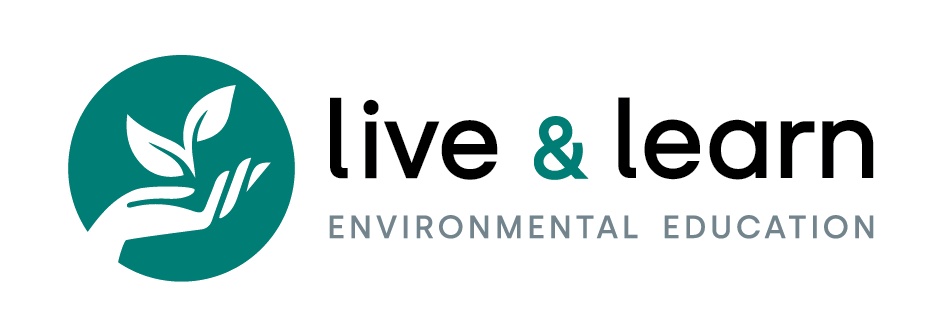Life is busy for a young person in Naiqaqi. From working jobs in larger towns, tending to farms, family commitments and sports participation, they have many responsibilities filling up their days as they contribute to their communities and households.
These important responsibilities mean there are few chances for elders in the community to pass their cultural practices and Indigenous knowledge onto the younger people, meaning youths are often not able to conduct the traditional protocols and obligations that define much of life in the community.
‘It is important that the community members are aware of their traditions to fulfil these obligations,’ says Rusiate Valenitabua, Climate Resilient Islands (CRI) Coordinator for Live & Learn Fiji. ‘With the youth’s absence, there is concern that the Indigenous knowledge of the elders will not be passed on to the younger generations and will be forgotten.’
But there is hope that these practices can be revived and passed on, with young residents like Emori wanting to ensure they know the traditional knowledge of their community.
‘We are coming to realise that elders are getting old, and most of us youths have little to no knowledge of traditional practices carried out in the village, as most of the time we rely on the elders to conduct them,’ Emori says.
‘The youths will need to learn the practices to ensure they are not lost.’
As a CRI partner community, Naiqaqi has participated in the Indigenous Knowledge Leadership Programme, which focuses on bringing together knowledge holders with younger people to revive local practices and strengthen the channels needed to pass them along.

Young men participating in a traditional sevusevu ceremony
This began with consultations with a local Indigenous knowledge expert, Simione Sevudredre, who helped support the community to realise the significance of preserving this knowledge in the village.
Following this, Live & Learn Fiji organised a three-day training in which village elders, both women and men, were given the opportunity to teach the young people about the Indigenous knowledge that characterised the community of Naiqaqi. This covered knowledge like traditional weaving methods for men and women, as well as traditional protocols for social events like weddings, funerals, official visits and more.
The training was welcomed by the people of Naiqaqi, with the Turaga na Tui Natovatu (chief) expressing his gratitude to the youths of the village for their willingness to learn about their vanua – land – and their traditional practices and knowledge.
‘He has been observing a decline in the youth’s adoption of traditional practices in their approach to farming and community living, and he hopes that after the training, the youths will continue to practice Indigenous knowledge,’ Rusiate says.
‘The Turaga na Tui Natovatu hopes that what they have learnt and also what they have planned for the future of Indigenous knowledge will continue to be practiced and passed to the future generation.’
With the younger participants also expressing their appreciation for the programme, there is good reason to hope that this knowledge will remain with the community for a long time to come.
‘This training is really relevant to us youths,’ said Emori. ‘We are future leaders of Naiqaqi, and we will need to be well versed in these practices.’

